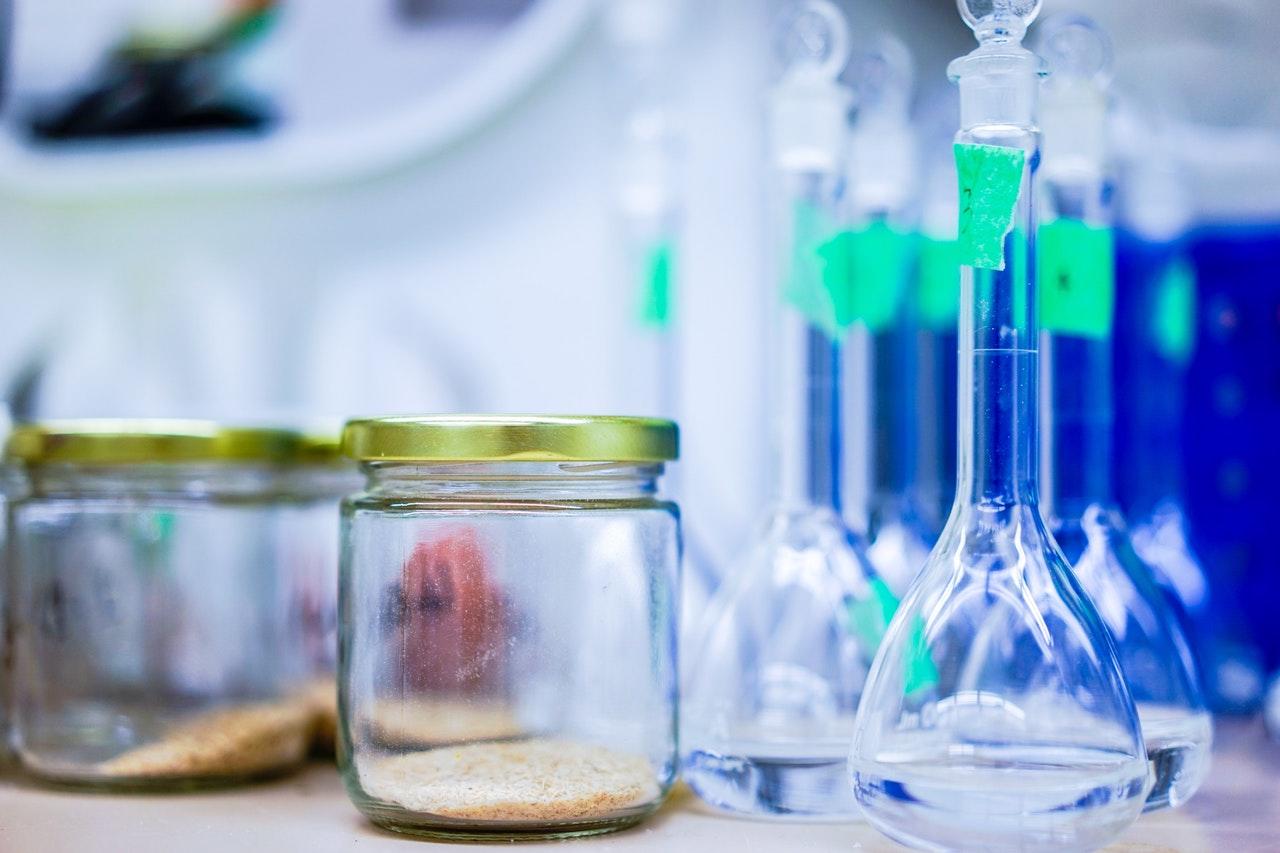Chemistry is often referred to as the ‘central science’ as most scientists will study chemistry at some point in their studies or research. While biologists study all the chemicals used by living organisms, geologists and environmentalists research chemicals and compounds found in soils, rocks and minerals. Even astrophysicists have to research the chemical compositions of planets, stars and moons.
With so many ramifications, chemistry is the one subject that will pop up if you are interested in a scientific career. The Singapore education system places a lot of emphasis on chemistry. Chemistry remains a core subject in secondary schools and is also a top choice for students at the Junior College level.

If you're looking to have a career in chemistry, visit Superprof and choose a teacher based on your requirements.
"The country which is in advance of the rest of the world in chemistry will also be foremost in wealth and in general prosperity."
Sir William Ramsay, a Scottish chemist who discovered the noble gases and received the Nobel Prize in Chemistry in 1904.

The Benefits of Chemistry
The benefits of chemistry are immense. Given below are ten reasons why you should pick chemistry lessons for your A-levels or university studies.
1 - Understand the World Around You
Studying chemistry helps you uncover why everything around you happens, from why chocolate tastes so good, to why the sky is blue or why soap cleans so well.
Comprehending the atomic structure of atoms, the electrochemistry of an acid-base solution or the stoichiometry of a molecule is critical to understand everything in your environment, from the toothpaste you use every morning to the phone battery you charge every day.
Every natural reaction is ruled by chemistry, from metal rusting to your digestion. If you have a curious mind, then a chemistry course will help you answer any question you may have about the world and your environment.
"Be a physical chemist, an organic chemist, an analytical chemist, if you will; but above all be a Chemist."
- Ira Remsen, American chemist who discovered the artificial sweetener saccharine.
For example, did you know that leaves change colour in autumn because chlorophyll production is regulated by light? As the day grows shorter, chlorophyll present in leaves decreases. Sugar buildup increases anthocyanin pigment production during autumn, giving leaves yellow colours.
And why do we cry when chopping onions? Simply because when an onion is cut, enzymes react with sulfenic acids to produce propanethial S-oxide, a volatile sulfur gas that irritates the eyes. Our eyes produce tears to wash away the irritant, making the whole cooking thing a messy crying experience.
Get an A-level chemistry tutor on Superprof.
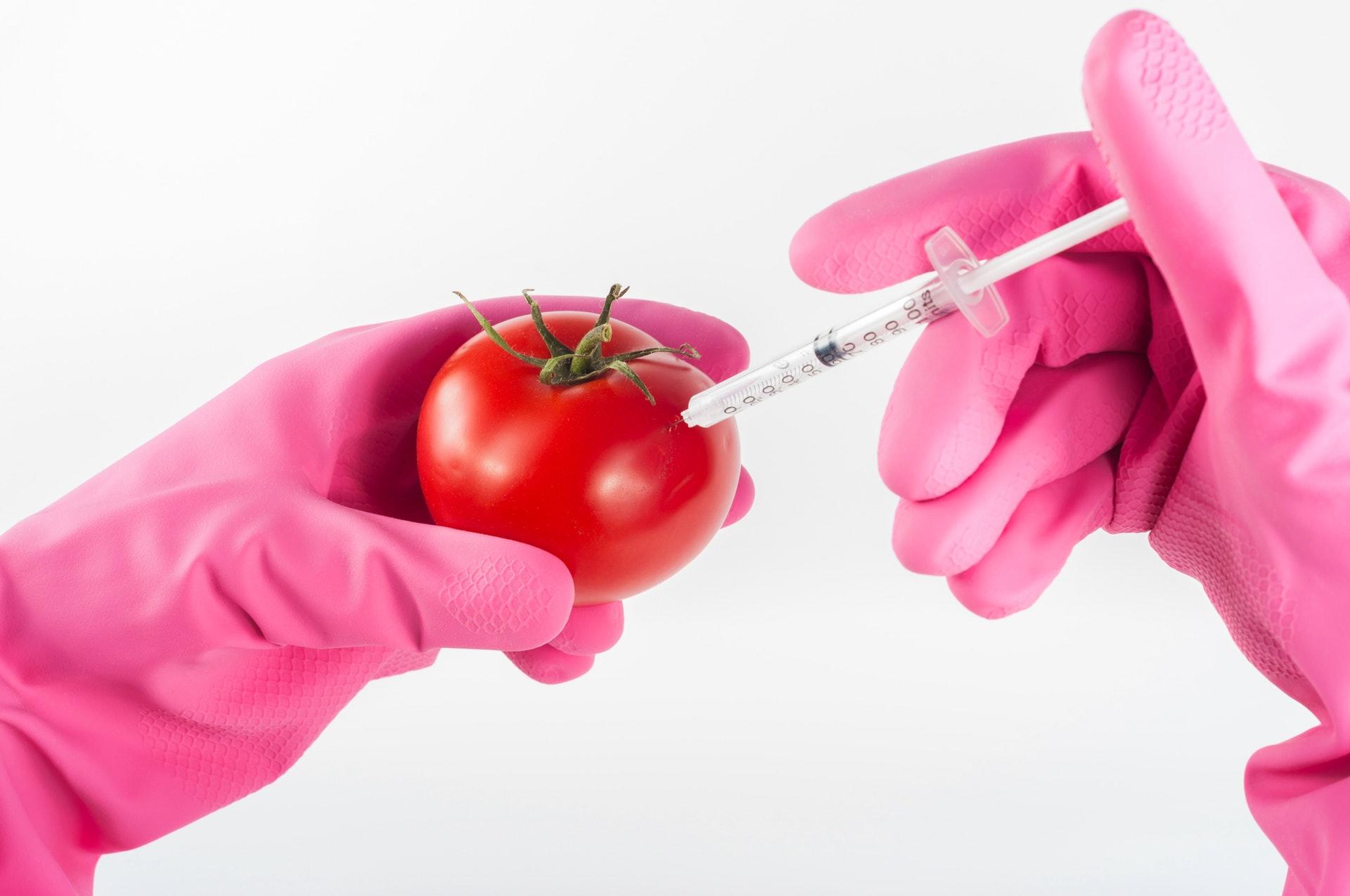
2 - Be Better Educated About What You Buy
Studying chemistry will also make you a more knowledgeable buyer. With most of our food being heavily processed, it becomes more critical to understand what we are actually eating. However, as food labels have become increasingly more complicated, it becomes hard for us to make sense of all the different preservatives, sweeteners, food colouring agents and stabilisers present in our food.
By learning about food additives like citric acid, Monosodium glutamate, Sodium benzoate, Sodium nitrite or Guar Gum, you will know which ones are safe to eat and which ones you should keep out of your diet.
3 - Be A Better Cook
Being a good chemist will make you a better cook. Food is made of chemical compounds, and cooking is essentially the art of changing chemical bonds, using combustion, oxidation, reduction, solubility and chemical reaction, to make ingredients as tasty as possible.
One of the primary reactions involved in cooking is the Maillard reaction. It is the primary chemical reaction behind the deliciousness of cooked foods and occurs when amino acids react with reducing sugars contained in most foods. Most cooking techniques (frying, roasting, searing, baking and even very slow cooking) involve some degree of Maillard reaction.

Caramelisation is another excellent example of the chemistry behind cooking. Unlike the Maillard reaction, caramelisation involves pyrolysis, where sugars decompose at high heat (between 110 and 180 degrees centigrade, depending on the sugars involved) to produce dozens of chemical compounds.
4 - Easily Find A Job
Chemistry offers a lot of job opportunities, from nuclear and biological chemistry to analytical chemistry; you can easily specialise in a field that interests you. Chemists also often collaborate with professionals in other fields, such as biologists, physicists, doctors, and engineers.
For example, you can become a materials scientist and find new ways to use recyclable elements like plastics, paper, cardboard or food industry by-products to create new materials and reduce the amount of trash ending up in landfills and polluting our planet.
Alternatively, you could become a nanotechnologist and work with elements smaller than cells to develop new surgical and diagnostic methods, as well as create more efficient drugs.
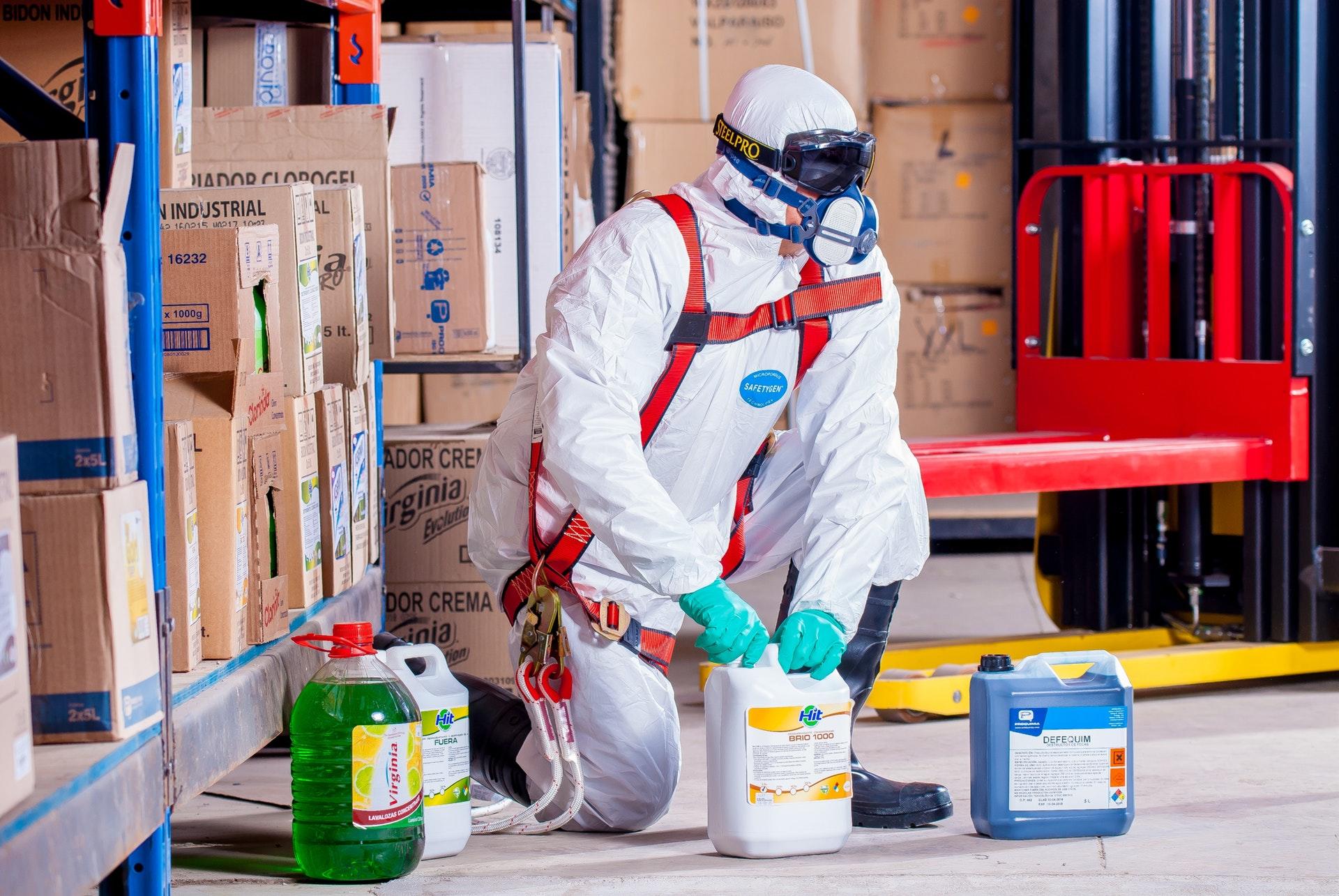
5 - Understand both Physics And Biology
As a central science, chemistry helps you understand both physics and biology better. Fields like biochemistry and biophysics are at the crossroads between the three sciences involving principles of inorganic, organic as well and general chemistry.
Biochemists work in biotechnology, medicinal chemistry or forensic science. They are often employed by environmental agencies, hospitals and research laboratories to solve real-world problems.
Start studying chemistry and pick the right tutor to help you in your studies.
"Chemistry begins in the stars. The stars are the source of the chemical elements, which are the building blocks of matter and the core of our subject."
- Peter Atkins, English chemist and a Fellow of Lincoln College at the University of Oxford
Need an online chemistry tutor? Get one on Superprof today!
6- Use Your Brain and Your Hands
Unlike hard sciences such as physics and maths, which mainly use the brain to solve complicated equations and problems, chemistry is a very hands-on field.
As a chemist, you will not only plan your experiment but also carry it out, often manipulating dangerous chemicals and using very complicated contraptions and instruments such as mass spectrometers, chromatography machines or distillation columns.

7 - Have Fun
Chemistry is a fun science as long as it is practised safely. It is very easy to play around with safe and straightforward chemicals and obtain astonishing results.
Everyone has seen the viral videos of Diet Coke and Mentos candies producing incredible jets of soda that you can easily reproduce safely at home. But chemistry is much more than that.
Why not create polymer marbles or change the colour of the flame in your home chimney? Using simple, everyday products, you can have a lot of fun and learn about the reasons behind the reactions you create and observe.
"A detective with his murder mystery, a chemist seeking the structure of a new compound, use little of the formal and logical modes of reasoning. Through a series of intuitions, surmises, fancies, they stumble upon the right explanation, and have a knack of seizing it when it once comes within reach."
- Gilbert Lewis, American physical chemist, known for the discovery of the covalent bond and his concept of electron pairs.
8 - Understand The News
Every day, we are bombarded with news about petrol pollution, water contamination, medical discovery and advances, or product recalls, but how much of this do we really understand?
Studying chemistry will make you more informed about what is going on in the world, like oil leaks in the oceans or chemical contamination of underground aquifers.
As most of the industries involved in climate change are regulated by national laws, understanding what is going on in your neighbourhood, city, or country will also make you a more informed voter.
Find a good chemistry tutor here now.
9 - Make a Better World
The chemical industry has been the main contributor to the world's major pollution problems. For the past 70 years, with the advent of industrial agriculture, chemists have been at the forefront of most pollution crises.
Plastic wastes, CO2 emissions, contaminated waters or barren soils can all be linked to the misuse of chemical processes, mainly for selfish economic reasons. But the mess that was created by chemists can also be solved by chemists.
Today, chemists are coming up with solutions to recycle plastics and finding innovative ways to use waste. Chemists are now working on capturing atmospheric carbon dioxide and using it as a clean energy source. There is a lot of work to be done to save our planet, and most of the work will be done by chemists.
That's an excellent reason to find your A-level tutor on Superprof now.

Disciplines In Chemistry You Can Graduate in Singapore for a Promising Future
Wondering what jobs are available for chemistry students in Singapore? Here are examples of some chemistry disciplines that can guarantee you a promising career in Singapore.
Analytical Chemistry
Analytical chemistry is a branch of chemistry that analyses different substances. Quantitative analysis is a branch of analytical chemistry that focuses on measuring how much of a constituent is present in a particular sample. The three types of quantitative analysis are instrumentation analysis, volumetric analysis and gravimetric analysis.
If you love working in labs, quantitative analysis is an in-demand field offering excellent job opportunities in Singapore. For instance,
- Join pharma companies and analyse drug compositions
- Join food labs like the Singapore Food Agency (SFA) to test for contaminants
- Join NEA and test for air and water pollution
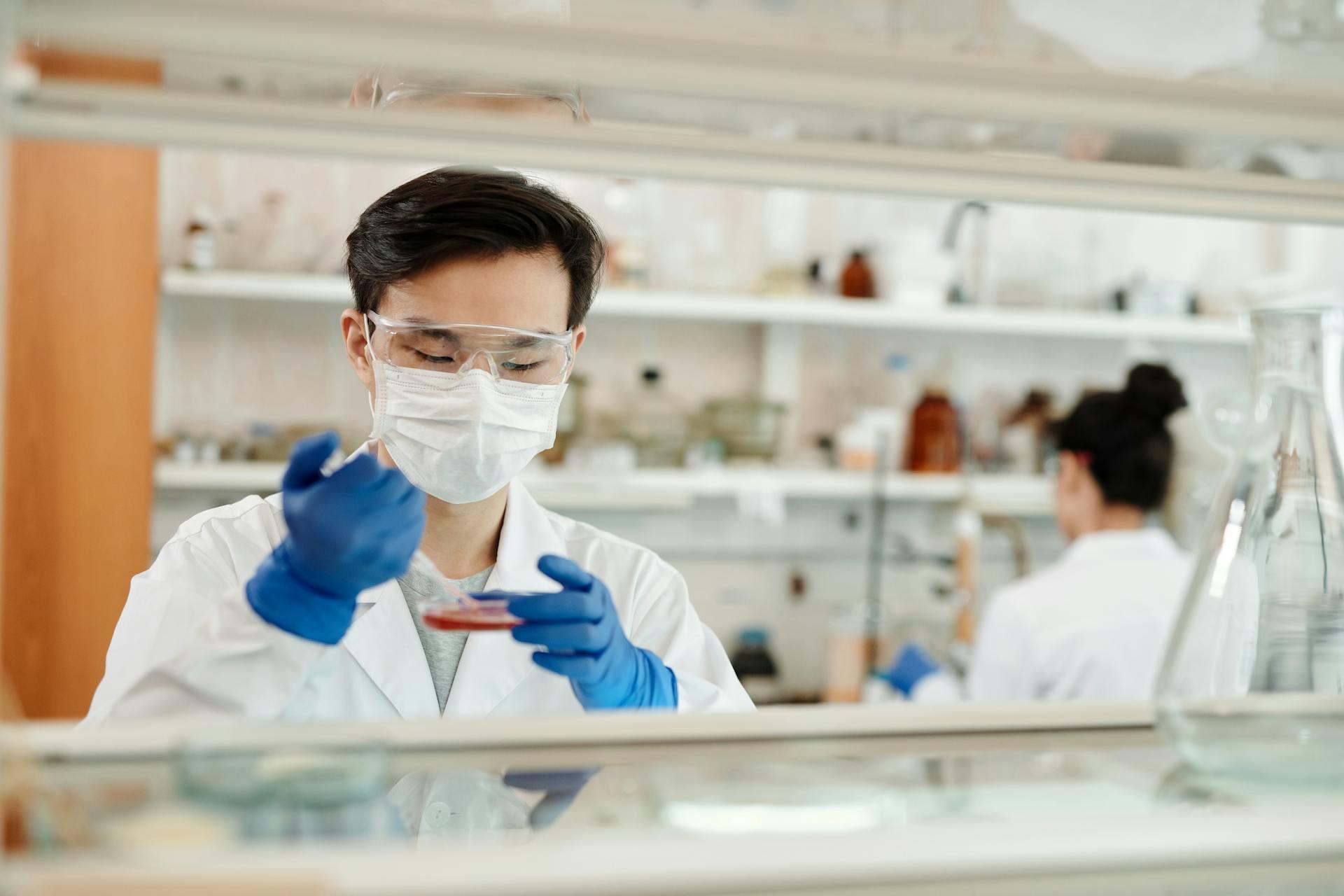
Food Chemistry
Food chemistry is another promising field that studies the composition and structure of food molecules. Have you ever wondered what makes Laksa or Hainanese Chicken Rice so aromatic? Well, that’s food chemistry at work.
In Singapore, as a food chemist, you can:
- Work in government labs on food safety
- Do nutrition labelling and safety
- Create new lab-grown food products
- Conduct experiments and see if the food meets all safety and regulatory requirements
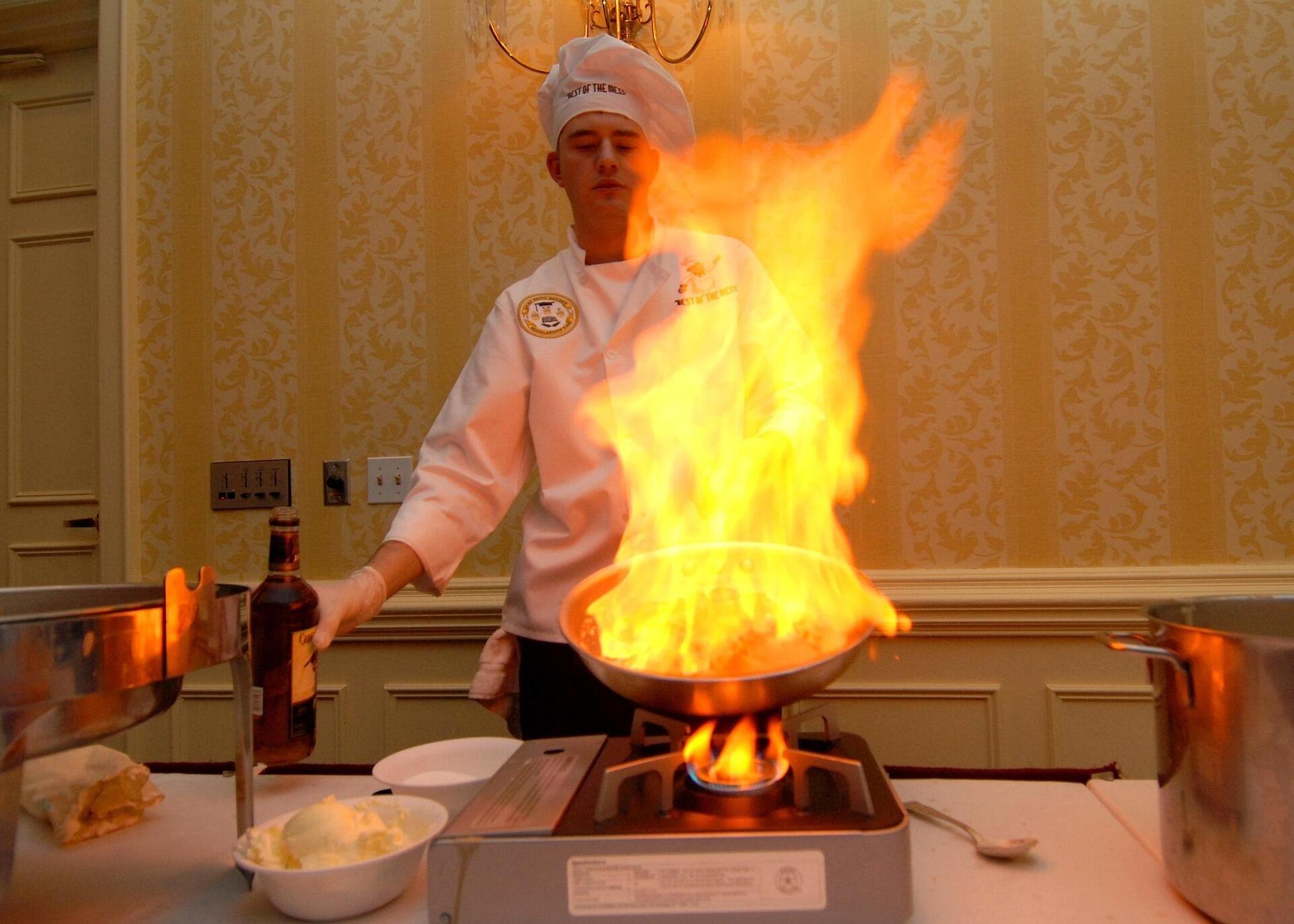
Applied Chemistry
Applied chemistry is the practical use of chemistry to solve real-world problems. Applied chemistry finds wide use in the pharma, consumer goods, energy and food industry. A degree in applied chemistry guarantees a career in:
- Medicine – creating new drugs
- Manufacturing – designing new products
- Environmental Sciences – developing earth-friendly products
Learn the Benefits of Chemistry With Superprof
Are you wondering what kind of future Chemistry graduates have?
Well, chemistry is a lot more than learning the periodic table of elements. No matter which field you pursue, chemistry will help you understand the environment around you, right from the clothes you wear to the food you eat. And considering the great damage we have caused to our environment, it seems that chemists will be much needed to help fix issues created by the previous generation.
Since chemistry is a fairly difficult subject to master, hiring a private tutor with the requisite qualifications can help you master the subject. Superprof is home to highly qualified chemistry tutors who will ensure you become a skilled chemist. Simply log in to our website, apply the requisite filters, and choose a teacher according to your budget.
Summarise with AI:

